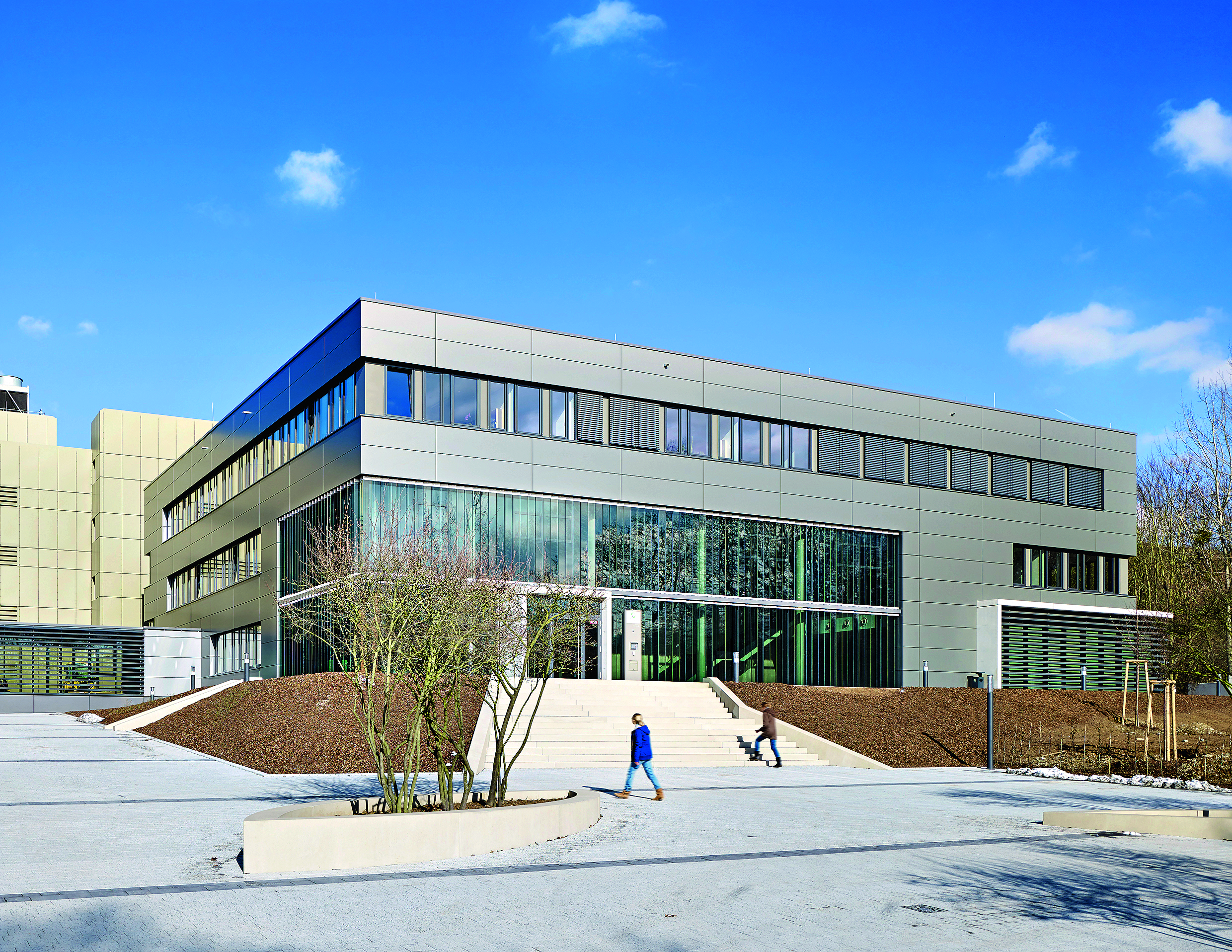Scroll to Section:
By combining behavioral observations with GPS data on the whereabouts and data on genetic relatedness of males of a Guinea baboon population, the study presented in this video provides new insights into their social structure: The species forms structured multi-level societies. Male Guinea baboons are found to be exceptional in terms of their spatial tolerance and their organizing principle, JULIA FISCHER explains. As opposed to other male non-humane primates, relatedness is not the sole determinant of association, allowing cooperation beyond kinship.
DOI:
https://doi.org/10.21036/LTPUB10153
Institution

German Primate Center
The Deutsches Primatenzentrum GmbH (DPZ) – Leibniz Institute for Primate Research in Göttingen was founded in 1977. It is a non-university research institute and member of the Leibniz Association.The DPZ conducts biological and biomedical basic research with and about non-human primates in the fields of infectious diseases, neuroscience, and primate biology. As a center for expertise and reference in all issues related to primate research and husbandry, the DPZ breeds monkeys for its own research purposes and lends support to other publicly funded scientific institutes. The DPZ operates four field stations in the tropics. The DPZ is actively involved in numerous national and international research collaborations and is engaged in scientific communication and policy advice. (Source: DPZ)
Show more
Original publication
Male Tolerance and Male-Male Bonds in a Multilevel Primate Society
Proceedings of the National Academy of Sciences (PNAS)
Published in 2014
Reading recommendations
The Evolution of Primate Societies
Published in 2012Baboon Metaphysics. The Evolution of a Social Mind
Published in 2007Affengesellschaft
Published in 2012Beyond
A Ground-breaking Scientific Revolution
An Alarming Challenge for Society
If I Had a Second Life
A Personal Reading Recommendation



